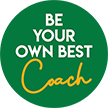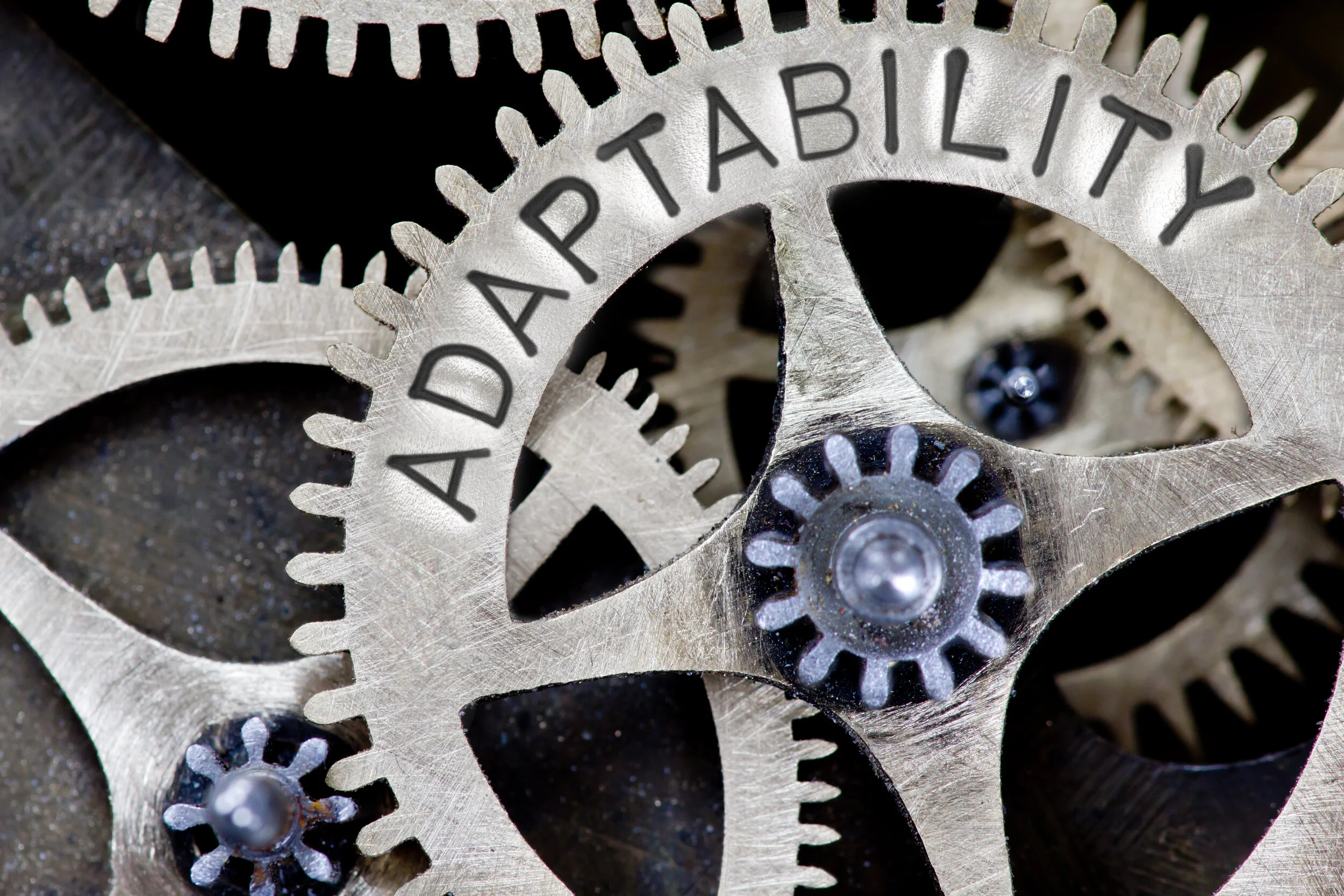Years ago, I was standing in the kitchen of a friend who’s a very skilled psychologist and psychotherapist.
What caught my attention was a bumper stick on his kitchen cabinet.
A bumper sticker on a kitchen cabinet? OK, not the usual kitchen decor, particularly in the home of a successful professional in an affluent suburb of Manhattan.
But the message on that bumper sticker and its placement on the cabinet reinforced each other.
Not only has the message stuck with me for all these years, but now, more than ever, the message is spot on:
“Change is a given. Adapting is a choice.”
The bumper-sticker-as-kitchen-decor was surely different from the norm. So, I have a strong suspicion that my friend, who also has a great sense of humor, was saying, “See? You don’t expect something like this in my kitchen, but wake up and smell the roses . . . or in this case, the coffee. Change happens. It’s a given. Adapt or die.”
For humans, it’s hard to stretch beyond our comfort zone. We like things to stay as they are, nice and cozy.
We’ve been hardwired through evolution to first and foremost, seek safety. We like when things are “normal.” When things are predictable and we can rely on them.
At the same time, we also are blessed with the capacity to adapt. Without this skill, we would never have evolved to what we are today.
The bottom line is that while we love the comfort of the old slippers and having things stay the way they are, we have tremendous capacity to bend and flex. Yes, to adapt.
It goes without saying that we are facing unprecedented challenges today.
The entire world is in the throes of the Covid-19 pandemic. It has been catastrophic for so many people in so many ways. And no one has escaped untouched.
Our eyes have been opened and there is no return to normal. Gone. The world, and our lives, have ceased to exist as they were before the pandemic.
So where does that leave you?
It’s to recall the kitchen bumper sticker: “Change is a given. Adapting is a choice.”
Maybe you feel that you had more control before, but that might be faulty memory. In fact, almost 10 years ago, Harvard Business Review published an article on The New Competitive Advantage. Can you guess what that advantage was?
Adaptability.
In the article, the authors begin by talking about our being in an “era of risk and instability.”
And this was before Covid-19!
The authors go on to talk about the tremendous challenges posed by uncertainty for strategy making and how traditional approaches to strategy are failing because they assume a predictable and stable world.
Their answer--and competitive advantage--for businesses wanting to succeed? As we wrote above: adaptability.
The authors then suggested several ways to be adaptable. Here are some of their suggestions:
Recognize the signs and signals of a changing environment
Use new technologies and approaches to experiment
Manage the ecosystem with common standards
Foster interaction among people
Nurture trust
Identify and address uncertainties
Move faster by reducing the burden of making change
Although this article is dated and was written for business leaders, how true it is now for everyone.
Who doesn’t benefit from reading the signals of change, managing their ecosystem, having people they interact with and trust, and moving faster to adapt to change?
Fortunately, we have even more insights and methods that work and fit to help individuals, businesses, and communities not only survive, but thrive in the new normal.
At Be Your Own Best Coach, we know that thriving, in spite of all of today’s challenges, is possible.
That’s because we have seen the wonderful things people can do when they use the system, methods, and tools we teach that makes adaptability as easy and effective as possible.
Change may be a given, but adapting to it doesn’t mean that it has to be a struggle or something you have to wrestle with.
Think of adapting to change as learning the steps to a new kind of dance move.
We’ll be launching our next cohort of Be Your Own Best Coach in just a few weeks, so stay tuned! And, to help you do your best managing in the new normal, we’ve made the theme for the program adaptability.
Join us so you can get out on the dance floor of life, dancing to the music of change with new steps and new moves: How Do You Adapt?
Deborah Teplow, PhD
Be Your Own Best Coach Co-Founder
P.S. Click here to sign up for updates about the course and get our Kickstart Guide.

